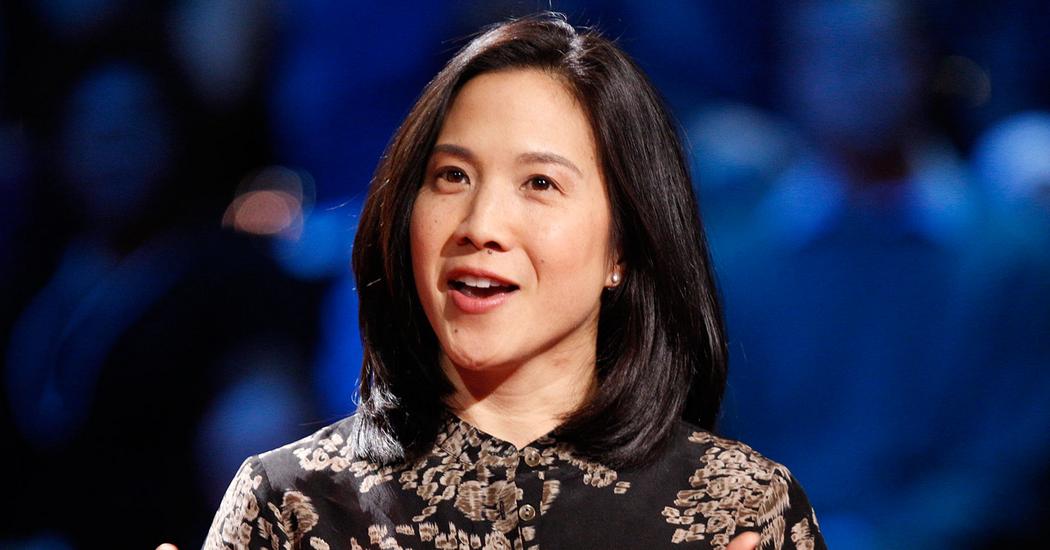
Growth Mindset
Fixed vs. Growth Mindset
Do you know anyone who gives up easily and avoids challenges? Perhaps, you yourself have been afraid of making a mistake out of fear of appearing “not smart or even dumb?” Have you worked with students or colleagues who always feel as if they have to prove themselves and never fail? All of these are characteristics of a fixed mindset.
“Our mindsets exist on a continuum from fixed to growth, and although we’d like to always have a growth mindset, the reality is that we can only be on a journey to a growth mindset. The goal is to recognize fixed mindset elements in ourselves and then reflect on feedback and strategies for how to improve.”
Click here to take the "mindset" survey: http://blog.mindsetworks.com/what-s-my-mindset
Much of the research on "Growth Minset" comes from the work of Stanford researcher, Dr. Carol Dweck. In Dr. Dweck’s research on Mindset, she has found that people’s theories about their own intelligence have a significant influence on their motivation, effort, and approach to challenges. Those who believe their abilities are malleable are more likely to embrace challenges and persist despite failure. The opposite is true for those who believe that intelligence is fixed or innate. When one believes that the brain can grow, research has found that you in turn behave differently.
The research on growth mindset is especially important as we work with students and examine the type of feedback we give to students with whom we interact on a daily basis. In the video clip below, Dr. Dweck explains the impact of assessor feedback on student effort when attempting to solve simple puzzles. One group of students heard more intelligence based comments like, “Wow, you did really well. You must be really smart.” The other group of students were praised for their effort. These students heard feedback like, “Wow, you must have tried really hard.” The students who heard praise for their intelligence wanted to stick with easier puzzles and the students praised for effort tended to be willing to risk and try the more difficult and challenging puzzles when asked whether or not they wanted to try the easier or more challenging puzzles moving forward.
Background Doesn't Matter...Mindset Does
Growth Mindset Resources
Famous Failures
Implications
The implications Dr. Dweck’s work are extremely valuable as we move forward together into a creating a learning environment for our students that prepares them to be lifelong learners in the 21st century. Do our students believe they will succeed at an academic task? Are they willing to persist and use cognitive and metacognitive strategies to improve their performance? Do students interpret academic challenges or mistakes as opportunities to learn and develop? Does the belief that ability and competence grow with effort permeate the culture in Manheim Central?
Top Five Ways to Encourage and Develop the Mindset of Others:
- Teach others that our brain grows stronger when we are challenged and that intelligence is not innate
- Provide praise that focuses on the process and the effort rather than correctness or speed of an assignment, task, or work
- Create environments where intellectual struggles and hard work are embraced and rewarded
- Create opportunities to celebrate and learn from mistakes
- If others are struggling, affirm high standards and provide reassurance that you believe in their ability to succeed
I challenge all of you to take the Growth Mindset survey, reflect on your own movement toward a growth mindset, and choose one of the top five above and think about how you may encourage and nurture the mindsets of those who are in your direct circle of influence.

